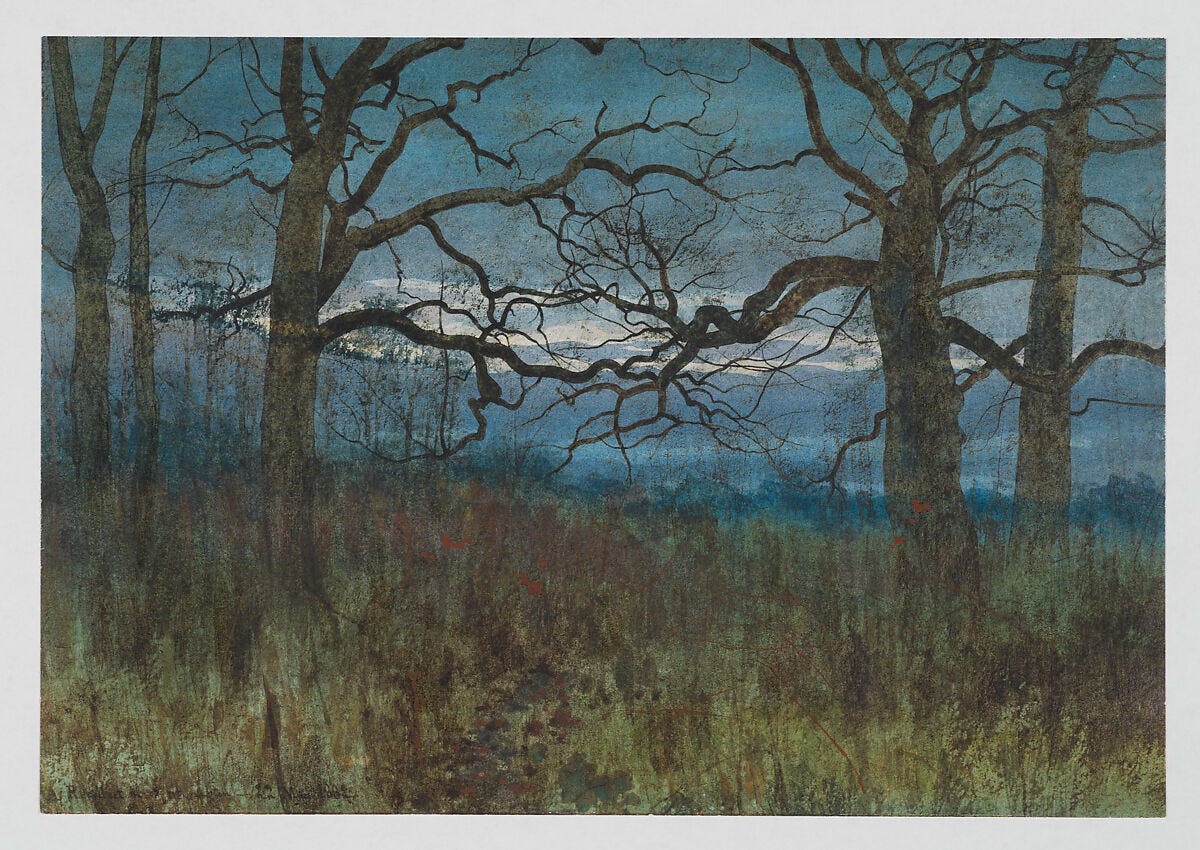
The start to the year has been busy. I’m in the midst of various editing projects, and I recently began a writing project that will take me into the realm of journalism. I’m relatively new to this area, but this project seems to be such a good fit. It definitely feeds my love of meeting new people and listening to their stories. I hope to continue to hone my craft so I can bring these stories to life through words.
I think the particular interest in the creative life has expanded my writing life—a fuel of sorts for propelling myself to discern what ideas I can take to paper. These particular books also expanded how I see and encouraged me to stay attentive. So I thought I’d share some of the books I read this past year for writing projects, editing work, and enjoyment that engage ideas central to the creative life. I tried to pick one thought or idea—a memento of sorts—from each of these books that resonated with me and seemed to stay with me throughout the year. I hope that this small exercise of remembering a valuable piece from a book I read will spark a connection with you and your reading life.
On Art, Beauty, Creating
Elissa Yukiko Weichbrodt, Redeeming Vision: A Christian Guide to Looking at and Learning from Art
In a world where “we look to consume, to surveil, to control, and to condemn,” what does it mean to order our gaze and look redemptively? Perhaps “our interpretive acts should also grow out of our theology, our fundamental beliefs about God, humanity, and the world.”
Makoto Fujimura, Culture Care: Reconnecting with Beauty for Our Common Life
Culture care values reach far beyond materialism to the ultimate human value of love—toward a generative reality. Artists know instinctively that beauty, delight, and wonderment lie beyond the resources we assume we have, so they are often the whistleblowers who bring constricted and distorted visions to our attention.
Makoto Fujimura, Art and Faith: A Theology of Making
Could it be that what is deemed marginal, what is “useless” in our terms, is most essential for God and is the bedrock, the essence, of our culture? Could it be that our affinity for the utilitarian pragmatism of the industrial Revolution created a blind spot in culture that not only overlooks great art, but if purity of expression is compromised could also lead us to reject the essence of the gospel?
and …
The cultural river runs with the tears of God.
Ed. Jane Clark Scharl and Brian Brown, Why We Create: Reflections on the Creator, Creation, and Creating, From the essay “The Art of Cultivation,” Grace Olmstead:
Christians should be the most zealous and skilled artists in the world. But we do not hold to an empty belief in “art for art’s sake,” nor do we create to express ourselves, save the world, accumulate glory, or win culture wars. Such creative ethics are foreign to us. Instead, Christians create to remember.
On the Writing Life
Corey Latta, C. S. Lewis and the Art of Writing
Lewis believed in making the abstract concrete. To Lewis, a work’s form, its poiema Lewis says in An Experiment in Criticism, must control its logos, its content. But modern literature moved toward fragmentation in both form and thought.
Mary Oliver, A Poetry Handbook
Literature is not just words, neither is it just ideas. It is a formal construct mirroring all of life, reporting it, questioning it.
Dana Gioia, The Catholic Writer Today and Other Essays, From the essay “Singing Aquinas in L.A.”
As an adult, I can’t accurately judge whether that experience was spiritual or aesthetic. I suspect that those two categories of perception are more interdependent than most people believe, especially as a child.
As an artist, I learned something else from the Latin hymns—that art is mysterious. . . . Physical sound and rhythm exercise a power of enchantment that eludes paraphrase. Our intuition often outpaces our intellect, and music anticipates meaning.
What is one book that you loved this past year? How do you decide what to read?
Updates and Writing
I wrote an article for Public Discourse on moral vision in the digital age.
Literary language, in particular, is language that still reflects the meaning, nuance, and complexity of our experiences and the moral vision that arises from those experiences. While social media can lead us to form connections, they lack the literary techniques that illuminate the mystery of our human bonds and tether those bonds to reality. For those connections to become deep relationships, we need to embrace the reading life as a practice in clarifying our moral vision.
At Catholic Women in Business, I wrote an article on creativity and slow work.
When we embrace this slower pace, we work from a perspective that transforms what we create. Our work becomes something for others to ponder—a gift more than a commodity.
Thanks for subscribing to A Holy Wonder. If you’ve enjoyed the newsletter or something in it resonated with you, I invite you to share it with others.




Last year I really loved Gift from the Sea, Hannah Coulter, and Essentialism. I love the question of how we choose what we read. I am in Well Read Mom, so that ends up dictating a book per month, and I feel like the rest of my reads just come to me. Obviously, like any bookaholic, I have a billion books in the wings waiting for me to give them a go. I pick from there or from my needs (parenting books, self-help), and I try to balance getting lost in a good fictional work (my fave) with the rest!